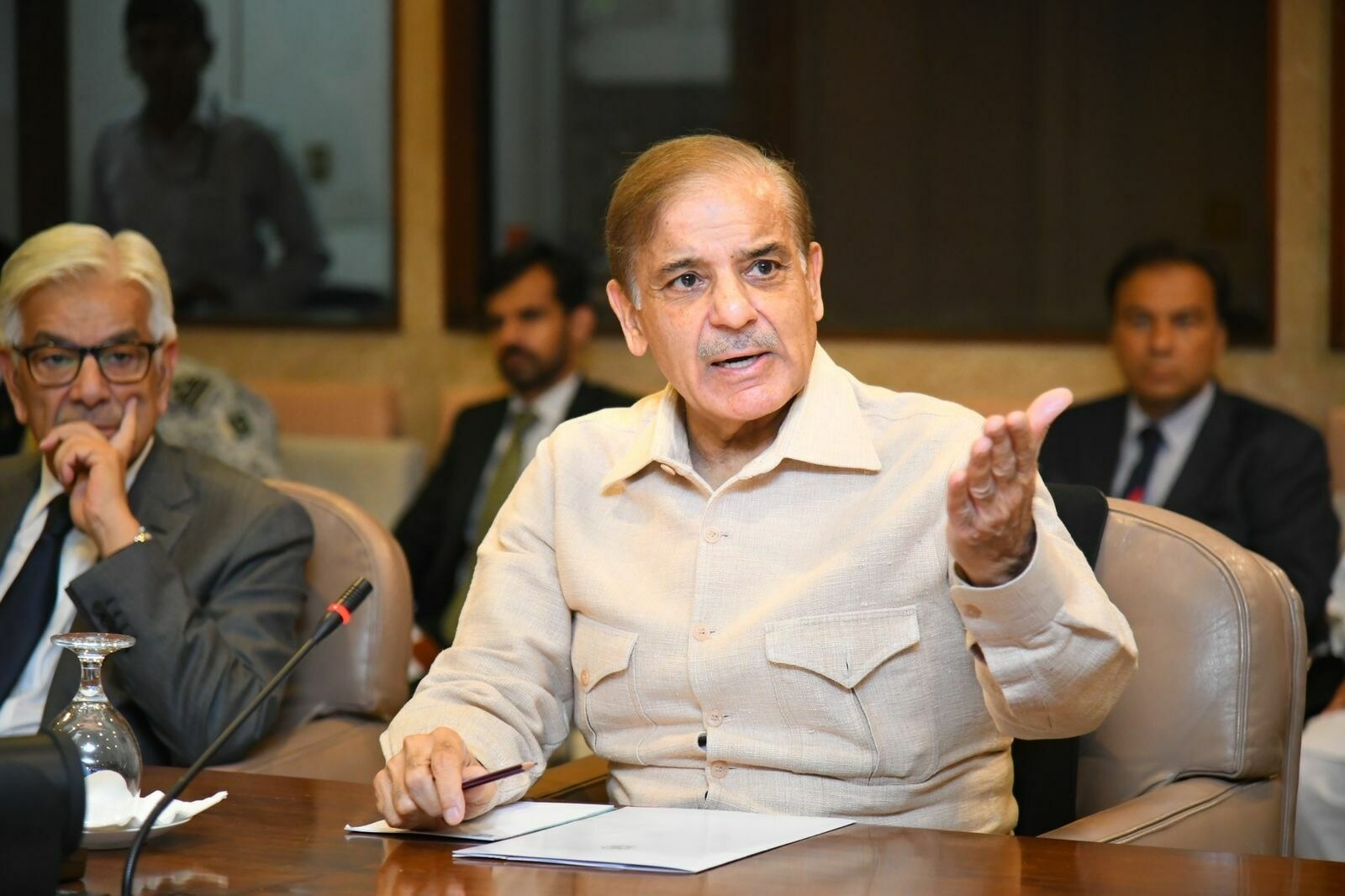PTBP Web Desk
Prime Minister Shehbaz Sharif has directed an international forensic audit of the Pakistan Revenue Automation Limited (PRAL) system following the discovery of a massive sales tax fraud that allegedly caused billions of rupees in losses to the national exchequer.
The decision came during a high-level meeting on Federal Board of Revenue (FBR) reforms, where the prime minister was briefed on the scale and complexity of the scam. According to the briefing, the fraud had been facilitated by outdated digital infrastructure, weak oversight, and poor data protection systems within PRAL, the FBR’s main IT arm.
Officials revealed that the fraud, which had been ongoing for several years, involved fake invoices, inflated sales tax returns, and manipulated records. These illicit activities went undetected for years due to the absence of real-time monitoring tools and insufficient cybersecurity safeguards.
The scam allegedly exploited loopholes in the sales tax refund system, allowing fraudulent companies to claim refunds on fictitious transactions. Analysts warn that such malpractice not only causes direct financial losses but also undermines taxpayer confidence and the credibility of FBR’s digital operations.
Prime Minister Shehbaz Sharif condemned the incident, calling it “unacceptable” and a serious breach of trust. He emphasized that no individual, company, or institution involved in the fraud will be spared accountability.
“Every rupee lost to corruption is a betrayal of the people of Pakistan. Those responsible will face the full force of the law,” Sharif asserted during the meeting.
Audit to Be Completed in Three Weeks
The forensic audit, which will involve international experts, is expected to conclude within three weeks. It will determine how the fraud occurred, identify the perpetrators, and recommend institutional reforms to prevent recurrence.
Shehbaz Sharif instructed FBR officials to trace the impact of the scam across major economic sectors, including textiles, construction, and import-export industries, which are believed to have been significantly affected by the manipulation of sales tax data.
Officials informed the prime minister that PRAL’s obsolete digital system lacked critical features such as real-time transaction tracking, audit trails, and data encryption, which made it easier for fraudulent entries to be inserted or altered without detection.
A fact-finding committee established by the government confirmed that systemic weaknesses within PRAL were central to the fraud. The committee’s report noted that the ongoing FBR digital transformation program, launched under Shehbaz Sharif’s government, was already addressing many of these deficiencies.
In response to the scandal, PRAL has introduced several technological upgrades to strengthen its cybersecurity and data integrity. The reforms include:
- Establishment of an Audit Vault to preserve tamper-proof records.
- Installation of a Database Protection Wall to safeguard taxpayer data.
- Creation of a Security Operations Centre (SOC) for 24/7 monitoring of system activity.
Additionally, the upgraded system now tracks user IP addresses whenever any data modification occurs, making it significantly harder for unauthorized users to conceal their actions.
According to sources within the Ministry of Finance, these steps are part of a broader push to modernize Pakistan’s tax administration and align it with global best practices in digital governance.
Prime Minister Shehbaz Sharif praised the FBR’s ongoing reform efforts, emphasizing that despite recent challenges, the institution had achieved international recognition. He noted that the World Bank Annual Conference in Washington had acknowledged Pakistan’s commitment to transparency and digital transformation in tax collection.
The meeting was attended by key ministers, including Azam Nazeer Tarar, Muhammad Aurangzeb, Musadik Malik, and Ataullah Tarar, along with senior officials from the FBR and PRAL. All participants agreed that restoring public trust in the revenue system requires accountability, modernization, and continuous oversight.
Sharif reiterated that the ultimate goal of these reforms is to ensure fairness, transparency, and efficiency in Pakistan’s taxation system. He highlighted that a reliable and secure tax framework is essential for sustainable economic growth and for meeting the conditions set by international lenders such as the International Monetary Fund (IMF).
The prime minister made it clear that accountability would be pursued at every level. Any FBR or PRAL officials found complicit in the scandal will face disciplinary and legal consequences. The National Accountability Bureau (NAB) and Federal Investigation Agency (FIA) may also become involved once the forensic audit is complete.
Economists believe this case underscores the urgent need for institutional modernization and data-driven oversight in Pakistan’s tax machinery. Without it, the risk of financial manipulation and revenue leakage will continue to threaten fiscal stability.
The government aims to present the audit findings to Parliament, ensuring public transparency and restoration of investor confidence. Officials also hinted that Pakistan could seek technical assistance from international partners, including the World Bank and OECD, to strengthen its digital tax ecosystem.




